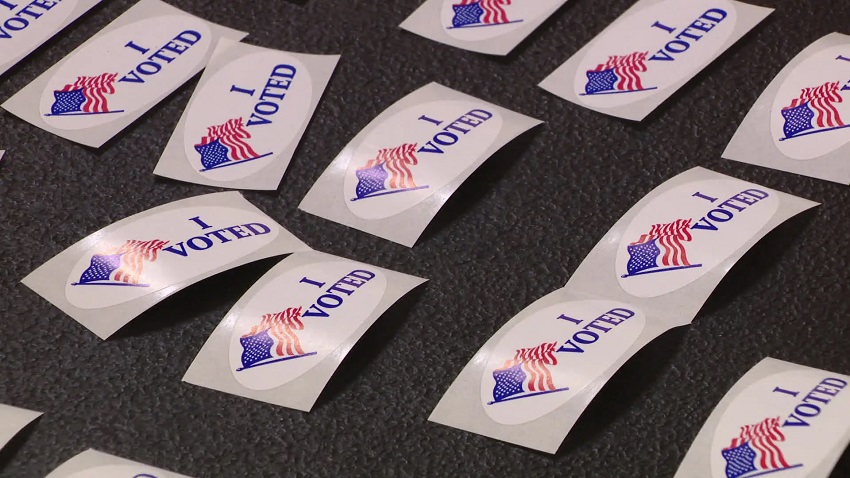Grand Rapids, MI — In a move to streamline the city’s election process, the Grand Rapids City Commission approved an ordinance on Tuesday that will eliminate 15 voting precincts across the city, altering polling locations for thousands of voters. The decision was reached after a public hearing and a 6-1 vote by the commission. The only dissenting vote came from 3rd Ward Commissioner Kelsey Perdue, who raised concerns about the potential unintended consequences for certain segments of the community.
“I am concerned about the disparate impact this proposal will have on some parts of our community,” Perdue said during a morning meeting before the evening vote. “I want to ensure we understand how these changes will affect the 21,700 voters who will soon have a new polling location.”
Perdue’s comments highlight the potential challenges that voters in the affected precincts might face. With approximately 13% of the city’s electorate experiencing polling location changes, the ordinance could disrupt the voting habits of thousands.
The decision to consolidate precincts was prompted by a noticeable shift in voting behavior. According to Grand Rapids City Clerk Joel Hondorp, the number of in-person voters has declined in recent elections. In the most recent election, around 42,000 people voted in-person, compared to nearly 35,000 absentee ballots and almost 20,000 early votes. These figures suggested a need to reassess the city’s voting structure.
The ordinance reduces the number of precincts in Grand Rapids from 74 to 59. The changes will affect all three wards, with Wards 1 and 2 each retaining 20 precincts, while Ward 3 will have 19. The elimination of the 15 precincts will involve consolidating precincts within the same ward. Three precincts in Ward 1, five in Ward 2, and seven in Ward 3 will be eliminated.
As a result of these changes, approximately 21,700 voters — or 13% of the city’s total electorate — will be assigned new polling locations. While some of the precincts set to be consolidated already share polling locations, other voters will need to visit completely new venues. Additionally, some precincts will remain but will see their polling locations relocated within the same precinct.
Polling locations that will no longer be used include Shawmut Hills and GRCC M-Tec in Ward 1, East Leonard and Aquinas College in Ward 2, and Sigsbee, Mulick Park, Adams Park Apartments, and Boston Square Church in Ward 3.
Voters affected by the changes are advised to verify their new polling locations ahead of upcoming elections by visiting michigan.gov/vote. City officials stress the importance of checking polling locations in advance to avoid confusion or delays on Election Day.
While some commissioners, including Perdue, expressed reservations about the potential impact on voters, others on the commission felt the changes were necessary to adapt to evolving voting patterns. The city’s decision to consolidate precincts aims to improve efficiency and manage resources more effectively, but the long-term effects on voter turnout and community engagement remain to be seen.







